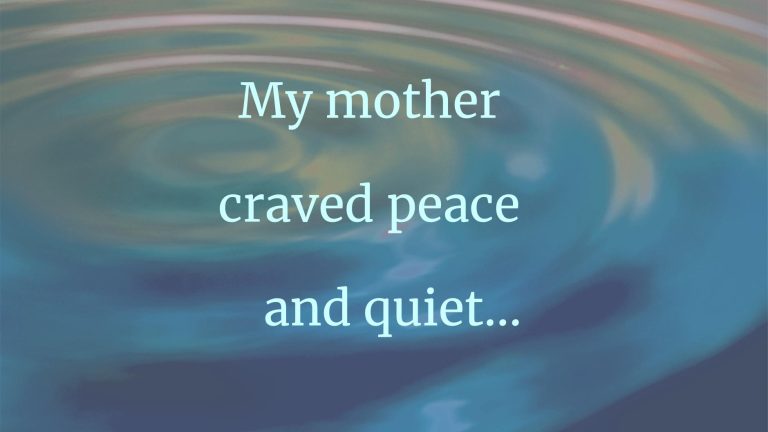
The Mirror of One’s Soul
It was the day after Christmas, during my third year in medical school. My mother and I sat in silence, the house still heavy with the remnants of holiday cheer. My two siblings had just left for their homes, five hours away, and she was visibly sad. Our family was scattered once more, each of us at different stages in our lives and careers.
Then the phone rang. My mother took the call right there in the room as the news played quietly on the television. I watched the TV screen, half-listening to her short, subdued answers. The call was so brief, and her responses so terse, that I couldn’t tell who had called, or why.











